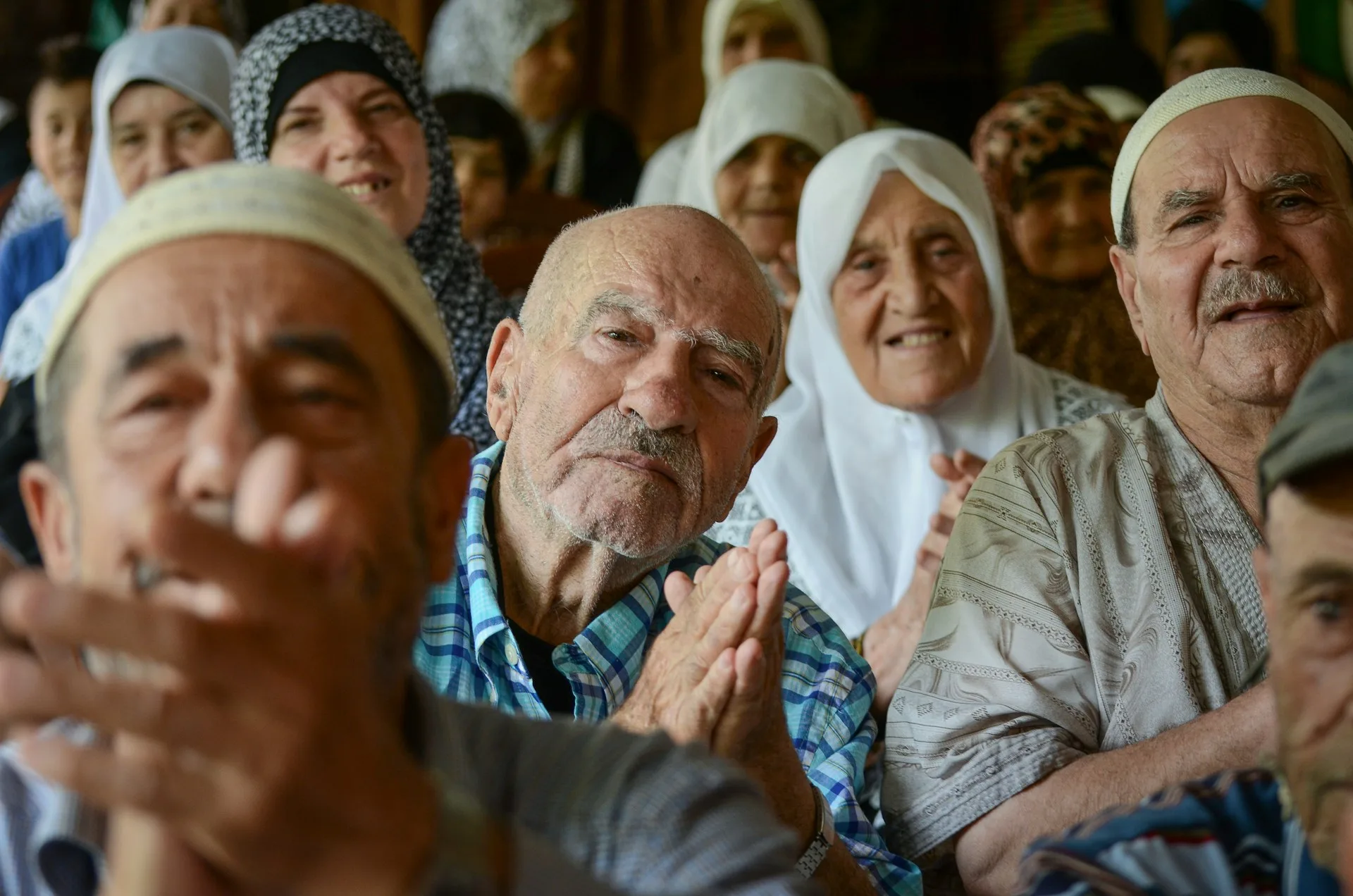Since late September 2024, military actions by Israel in Lebanon have worsened the humanitarian situation in the Middle East, a region already in crisis. This conflict has forced over 1.2 million people to flee their homes, and tens of thousands are now attempting to leave the country.
This situation poses significant challenges for the European Union (EU), particularly due to limited legal migration options and the high number of people already seeking entry into Europe. It recalls the 2015 crisis, when Europe faced a wave of refugees, mainly from Syria.
HMH is summarizing the main points from a research study by associate professor Barah Mikaïl from IE University.
Lebanese Refugees Flee to Syria
Since 2011, when the conflict in Syria began, Lebanon has housed 1.5 million Syrian refugees. Today, due to the military conflict between Israel and Lebanon, the situation has reversed: thousands of Syrians and Lebanese are now crossing the border in the opposite direction—into Syria.
As of October 2024, approximately 425,000 people have fled from Lebanon to Syria to escape the dangers. Another 16,700 Lebanese sought refuge in Iraq. However, these movements are often just the first step in a journey, as many of them ultimately hope to reach Europe in search of better living conditions.
Read also: Albert einstein education scholarship (dafI) for refugees in Ukraine
Political and Economic Challenges for Europe
The EU and its member states are currently in a difficult position. On one hand, European countries have the capacity and resources to accommodate refugees, as seen in 2015 when Germany took in over a million Syrians. Many of these refugees now contribute to the economy, working and supporting an ageing population. However, the political landscape has shifted in recent years, with more people opposing new migrant intake.
The growing support for anti-immigration parties in Europe is creating political pressure, as countries aim to limit the number of new refugees. Following the 2024 European Parliament elections, conservative and right-wing parties have strengthened their positions, increasing calls for stricter border controls.
Read also: Women on the peace line: challenges and prospects in conflict zones
EU Actions on the Refugee Crisis
The EU is trying to strike a balance between humanitarian support for refugees and border protection. Throughout 2024-2025, the EU has pledged to resettle 31,000 refugees, but this is a small number given that around 16 million people in the Middle East and North Africa need resettlement.
European migration policy now includes measures such as financial aid to refugee-hosting countries and support for setting up migrant centers outside the EU. However, these centers often lead to human rights abuses, as migrants are sometimes unlawfully returned to their countries of origin.
Read also: Payments for solid fuel purchases begin for residents of frontline regions
The Future of EU Migration Policy
Despite the challenges, Europe has examples of successful refugee integration. For instance, Germany has managed to incorporate Syrian refugees into its economy, showing how migration can be beneficial with the right management. Yet, political resistance makes implementing similar programs in other countries difficult.
To overcome this crisis effectively, the EU needs to expand legal migration pathways, establish resettlement programs, and issue humanitarian visas for people from Lebanon. Additionally, financial support to Lebanon and neighboring countries must be increased to prevent mass emigration. Coordination among EU countries will also be essential for maintaining both security and adherence to humanitarian principles.
Policies that promote stability and development in the Middle East, through diplomacy and economic support, can help reduce migration flows to Europe. This requires not only EU financial resources, but also active diplomatic involvement to prevent crises and reduce the number of people forced to leave their homes.
Read also: Ministry of Social Policy and UNHCR collaborate to support Ukrainians during winter



